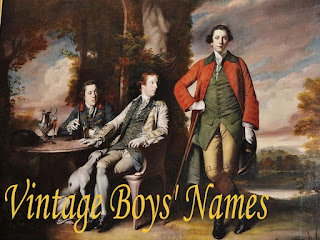Philippa

Once upon a time, two saints were martyred in the year 220. One of them was St. Philippa. Philippa is the English feminization of classic Philip derived from the Ancient Greek "philippos", meaning "lover of horses." Despite the name's meaning, the many Philippas over the years did not study horses. Instead, the name has been worn by saints, royals, and famous women with other occupations. The early St. Philippa was one saintly namesake, along with three Blessed Philippas. However, it took a queen, not a saint, to increase the name's English-speaking usage. In the fourteenth century, Philippa of Hainault married King Edward III and became Queen of England. Afterward, more English royals and nobility adopted the name. Philippa may have a long history, but it wasn't initially used as full. As with many feminized names, it was only written in records. Girls with the name answered to Philip. Philippa entered use as a full name in the eighteenth century. It

